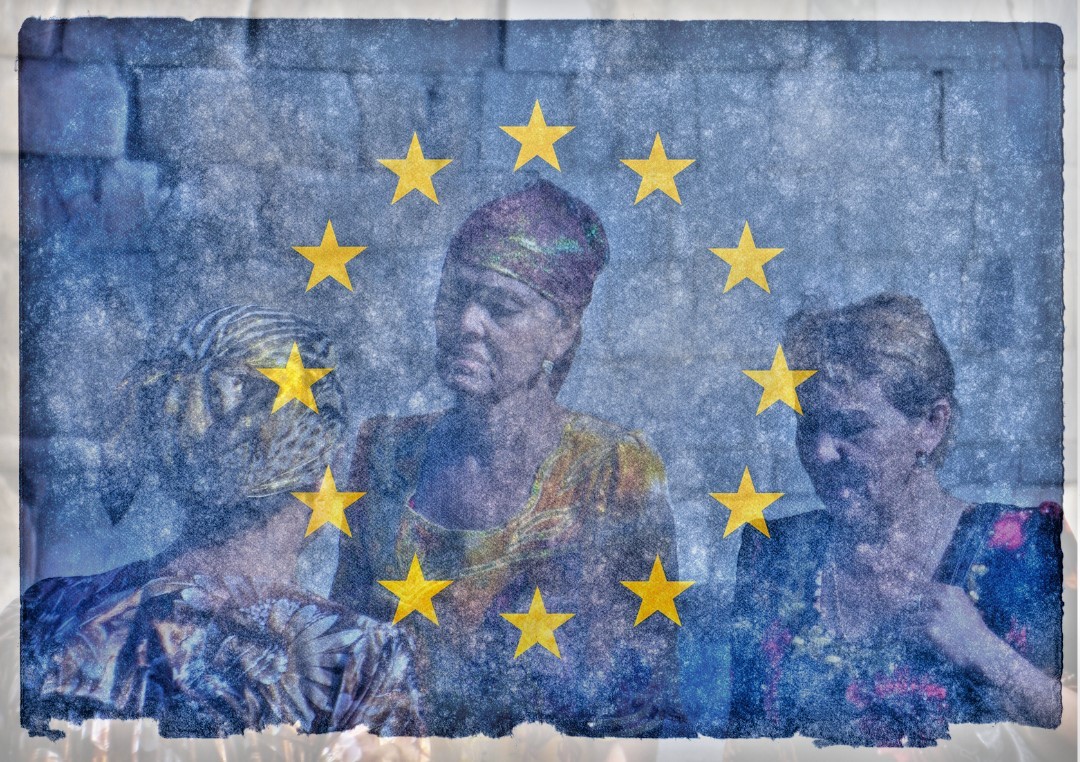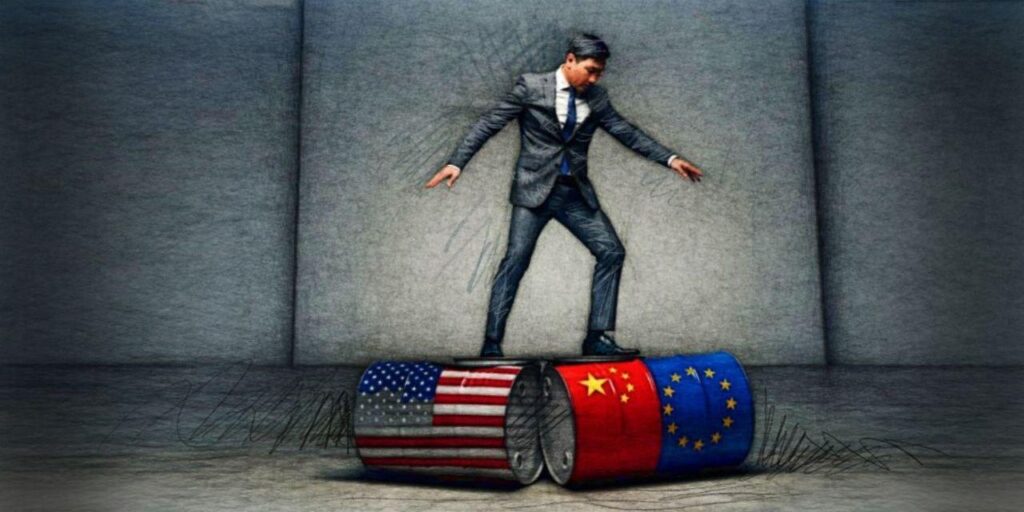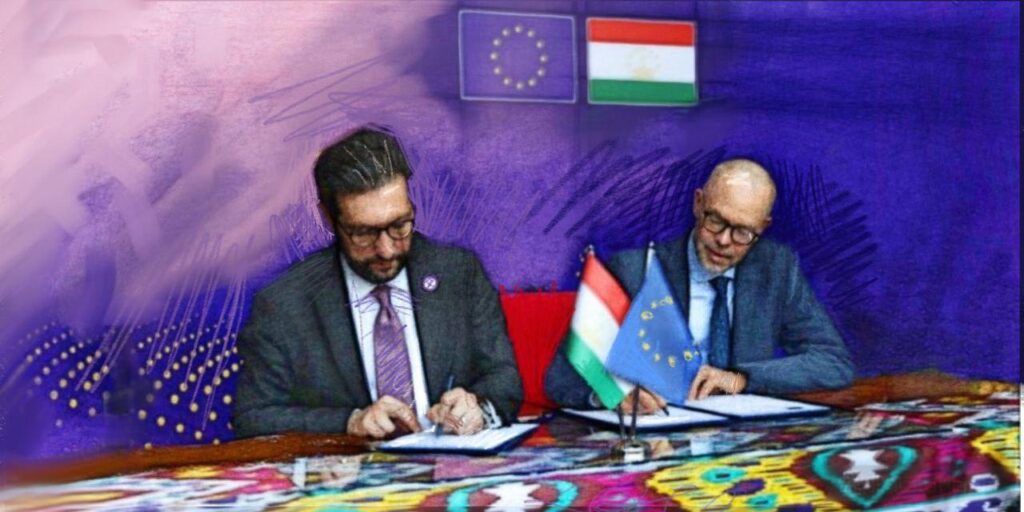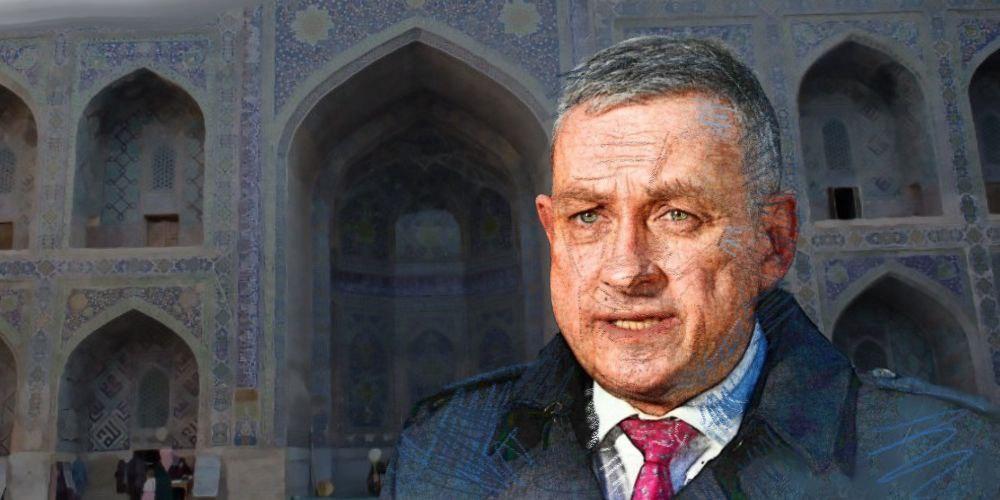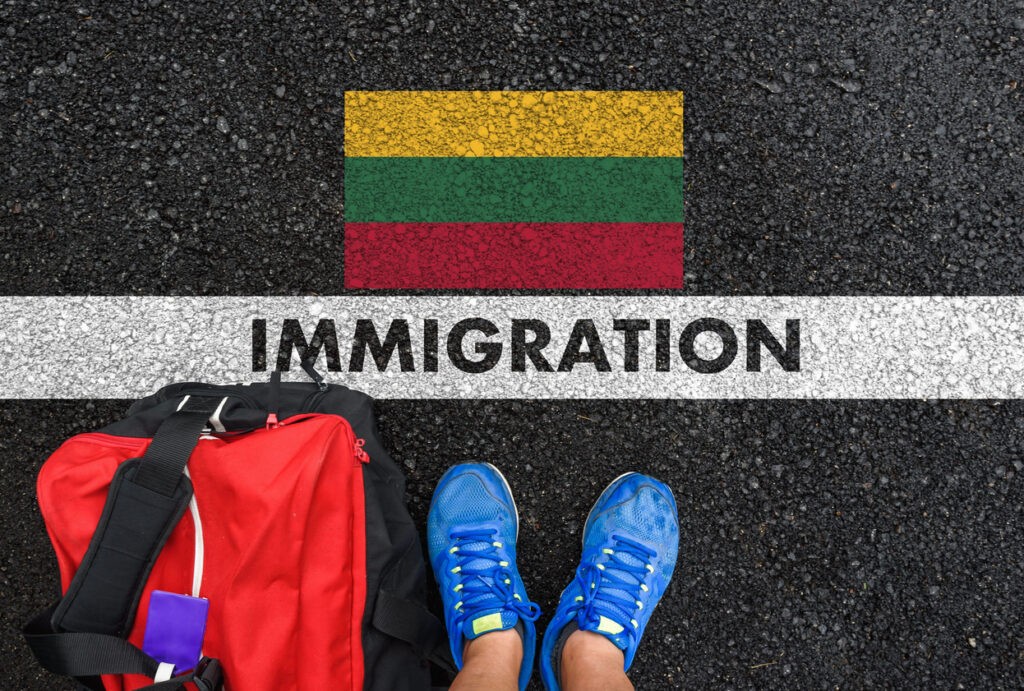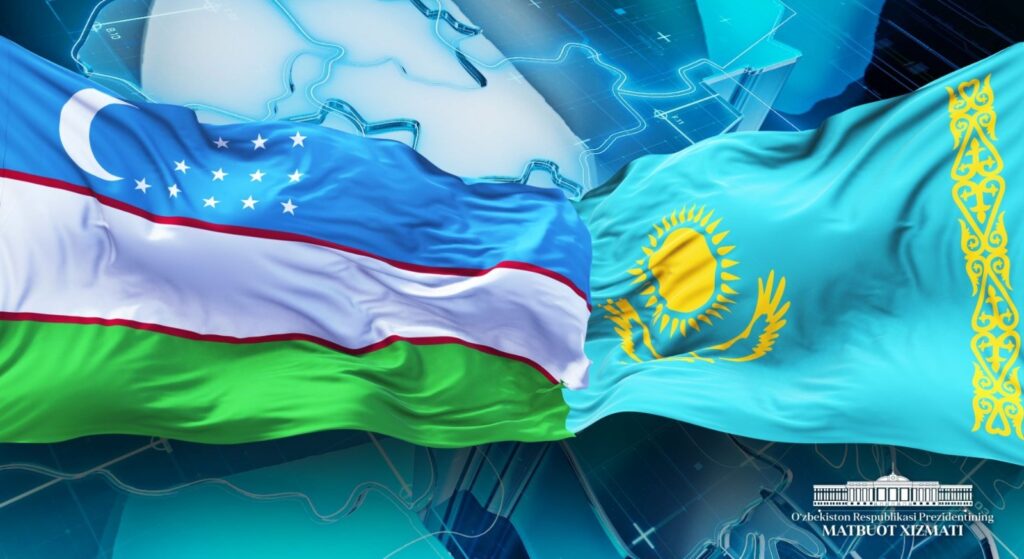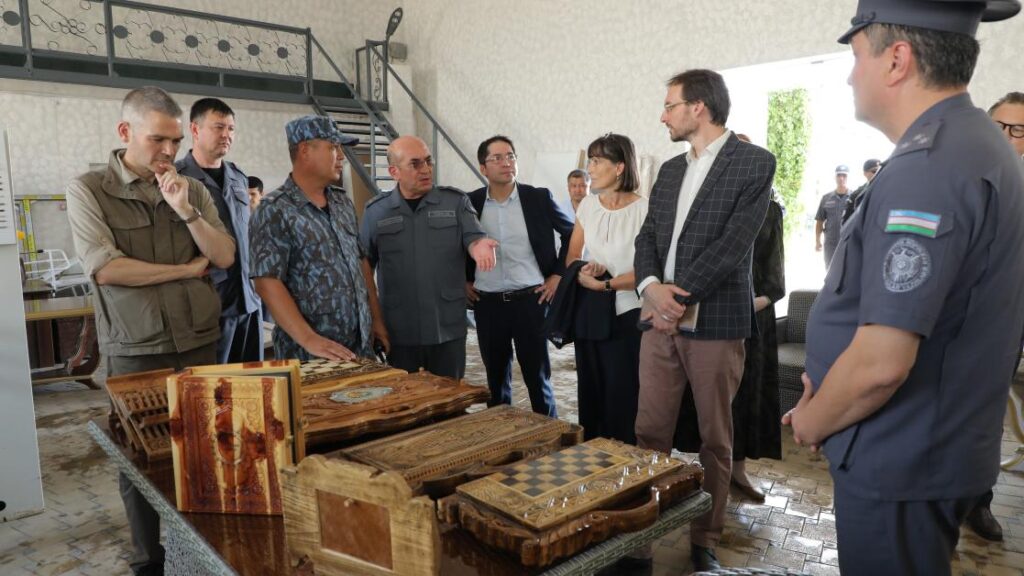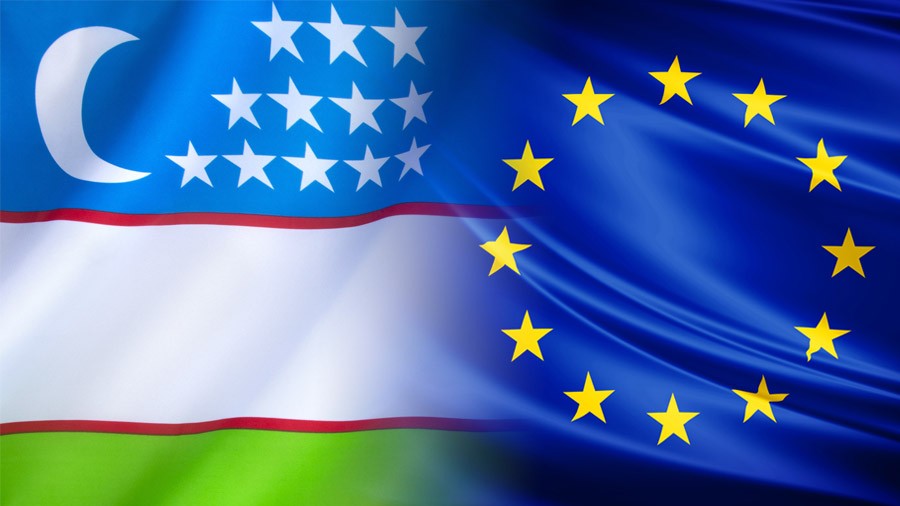In 2024, European Parliament (EP) resolutions on Central Asia emphasized its increasing significance in a world that is being reshaped by Russia’s war on Ukraine and China’s growing assertiveness. They focused on strengthening the EU’s partnerships with Central Asia while seeking to advance democratic values and human rights. These Enhanced Partnership and Cooperation Agreements aim to support economic reforms, foster sustainable development, and encourage regional cooperation. At the same time, reflecting the EU’s strategic focus on stability and resilience in the region, the EP’s resolutions urged the Central Asian states to decrease their dependency on Russian energy and avoid facilitating sanctions evasion.
For the Central Asian countries, all these initiatives present opportunities to address pressing challenges and pave the way for growth. Advancing democratic governance and protecting fundamental rights, for example, can foster more inclusive and stable societies. Deeper engagement with the EU also offers access to advanced technologies and investments (as well as global markets), which are necessary for innovation and infrastructure upgrades. Likewise, the diversification of energy sources enhances regional self-reliance, reducing vulnerabilities that are tied to over-dependence on a single partner. Alignment with EU priorities, including resistance to autocratic pressures, gives Central Asia a better chance to develop its resilience and interconnected future.
Some voices in the region, however — particularly among government officials and more traditionally-minded citizens — view the European Parliament’s 2024 resolutions as overly critical, indeed influenced by special interests that fail to take into account the region’s unique challenges and priorities. From a Central Asian perspective, the criticisms contained in the EP’s resolutions lack essential context, focus narrowly on perceived shortcomings, and fail to give adequate consideration to the complex situation underlying governmental decisions. Such a one-sided approach, they suggest, overlooks essential cultural, historical, socio-political, and geopolitical factors.
The result is a significant gap between the EU’s expectations on the one hand, and, on the other, what is reasonable to expect given the realities on the ground. The drafters of these documents often focus excessively on identifying deficiencies in democratic processes. They report violations without contextualizing the governments’ choices and often omit any mention of the views of the general public. The unfortunate consequence is that such criticisms vitiate good-faith attempts to build cooperation and partnership. The ideal becomes the enemy of the possible.
Most Europeans still have a poor understanding of Central Asia. Many MEPs lack the time or resources to grasp the region’s complexity. Instead, their decisions are too often informed by resolutions that are drafted by a small group of “experts”. The language of these resolutions often reflects the drafters’ personal biases, which in turn risk deforming Europe’s strategic relationships with the region.
A lack of proper scrutiny is all the more alarming in light of the Qatargate scandal, which exposed how state-funded lobbyists can distort human rights narratives to advance specific agendas. Maria Arena, the former head of the European Parliament’s Subcommittee on Human Rights (DROI), played a central role in shaping judgments on democratic practices in Central Asia, steering resolutions that serve as important points of reference for elaborating international policy. Her recent legal woes raise troubling questions about the impartiality and integrity of the decisions made under her leadership.
One example comes from Uzbekistan, which has faced understandable criticism from the European Parliament for not advancing LGBTQ+ rights, but which is a value that clashes with the country’s traditional values rooted in Islamic customs and strong family structures. Reforms like decriminalization could improve Uzbekistan’s international standing; however, they risk sparking a domestic backlash where resistance within public opinion remains high. Balancing global human rights demands with cultural identity requires culturally sensitive approaches that foster change whilst protecting traditions.
Another example is a recent resolution on Kazakhstan that criticizes the country for suppressing civil activists. Such criticism might be justified in certain cases, but the resolution neglects to mention that some of these activists are reported to have ties to a criminal organization responsible for embezzling over $8 billion from a Kazakhstani bank. Kazakhstan has repeatedly raised the point that political activism should not shield individuals from scrutiny over criminal allegations, but the EP has mainly ignored this. To say that this failure highlights a lack of nuanced understanding is an understatement.
Or take Kyrgyzstan‘s call for transparency in the foreign funding of social movements. This legitimately reflects concerns in Bishkek about external influence in domestic politics. It is true that this could be a pretext for targeting political opponents and democratic backsliding, but critics ignore the need for accountability of foreign involvement in internal affairs. Balancing these concerns involves ensuring transparency, but it should not negate informed concerns about the possible foreign funding of civil society activities.
In Tajikistan, the EP’s criticism of restrictions on religious freedoms arises from a genuine desire to promote democracy and safeguard human rights. This one-sided approach, however, overlooks the significant threat of religious extremism that looms over the entire region, and which is particularly pronounced in Tajikistan because of its proximity to Afghanistan. The EP may mean well, but the practical effect of its deliberations is reduced by its failure to recognize the very real security challenges the government in Dushanbe faces. Again, it is essential to be informed by a nuanced understanding of this balance, failing which the EP limits its possibilities for constructive engagement and sustainable reforms.
The votes of parliamentarians become predictable when they are presented with a binary choice between supporting or opposing democracy and human rights in Central Asia; yet superficial arguments — however well-meaning they may be — condition their choices. Disregarding the region’s unique challenges and distinct perspectives gives rise to an oversimplified approach that risks alienating crucial partners.
Forsaking one-sided narratives and developing a deeper understanding of regional complexities will enhance Europe’s effectiveness and constructive contribution to security and prosperity. If the EP truly wishes to support progress in Central Asia, it must avoid generalized cookie-cutter critiques. With the development of the Middle Corridor, Europe has the chance to become a trusted partner for the region. The EU has the capacity to foster genuine reform in the region while building robust cooperation, but it is not there yet. A more empathetic and tailored approach would assist this transformation.
